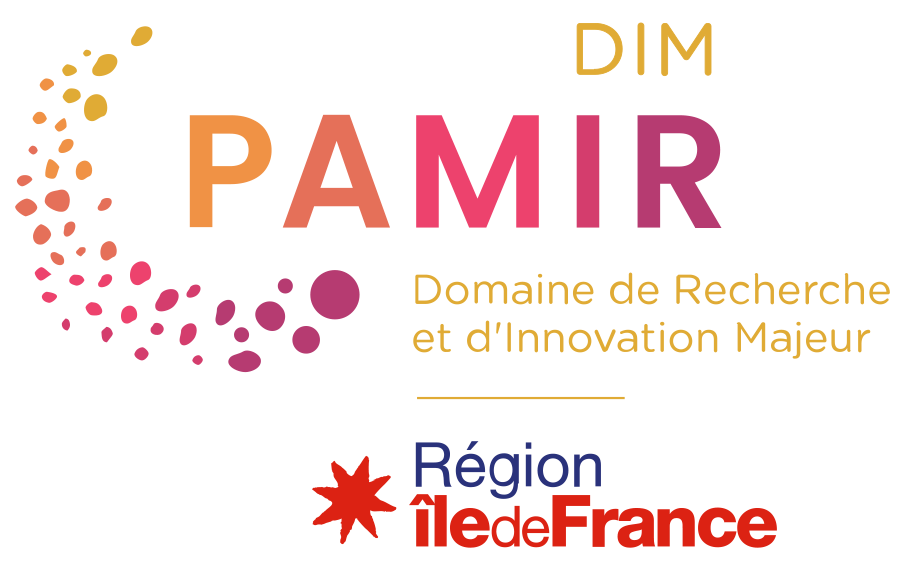The DIM PAMIR supports an approach to open science that is consistent with priorities identified by the Second National Plan for Open Science (2021-2024):
- generalising open access to publications
- structuring, sharing and opening up research data
- expanding and promoting source code produced by research
- transforming practices to make open science the default principle
Its originality lies in:
- it seeks to transform research practices from existing practices by a bottom-up and realistic approach
- its collaborative nature
In this context, the DIM will:
- develop and implement tools, where the issue of data documentation is central, in particular to ensure data traceability, data mining, accessible and/or permanent storage of data and software, and to integrate reflection on formats and standards that can contribute to generating a genuine digital heritage in the field of ancient systems;
- and give greater visibility to the achievements and structuring of these themes in the Île-de-France Region.
Being part of an open science policy means making the network’s organisation and operating methods transparent and explicit. It means reporting on the DIM’s activities, analysing them and making the results available to everyone.
***
To support the scientific community, we organise exchanges and training, and provide documentation in the form of shorts posts and reference documents. The DIM makes resources available to all and implements actions to encourage more open practices:
- The DIM’s Open Science Policy. It sets out the DIM’s various objectives relating to the three pillars of open science: publications, data and software. It refers to the documents required for calls for Doctorate and Post-doctorate projects, namely a data management plan and a data re-use policy (inspired by the Data Reuse Charter drawn up as part of DARIAH), and for calls for Equipment projects, an equipment access policy.
- Glossary and reference documents, template documents for drafting data reuse charters and equipment access policies.
- Open Science Cafés and blog posts
- The DOPAMINE Workshops, which provide opportunities for discussion and training around young scientists’ projects or equipment projects.
- Scientific works produced by the projects supported by the DIM
- The DIM’s HAL collection can be explored through two visualisation tools: HAL Monitor and the French Open Science Monitor
- External resources
***
The DIM PAMIR has also chosen to make available all data relating to its activities as a network. These activities, initiated during the DIM MAP (see the maps – network and projects), have now been brought together in the ODATAMA Structuring Project. The approach, originally conceived in terms of databases and manually-drawn graphic visualisations, has evolved towards the production of datasets and automatically-generated visualisations.
The datasets are available on the Open Data platform of the Île-de-France Region:
***
The DIM PAMIR’s open science policy is led by the Open Science Working Group, which is made up of the following members:
- Serge Cohen (IPANEMA)
- Sophie David (PPSM)
- Fedor Reshetnikov (PPSM)
- Laurent Romary (Inria)
- Dan Vodislav (ETIS)
Former WG members
- Caroline Corbières (PPSM)
- Juliette Ollivier (PPSM)

